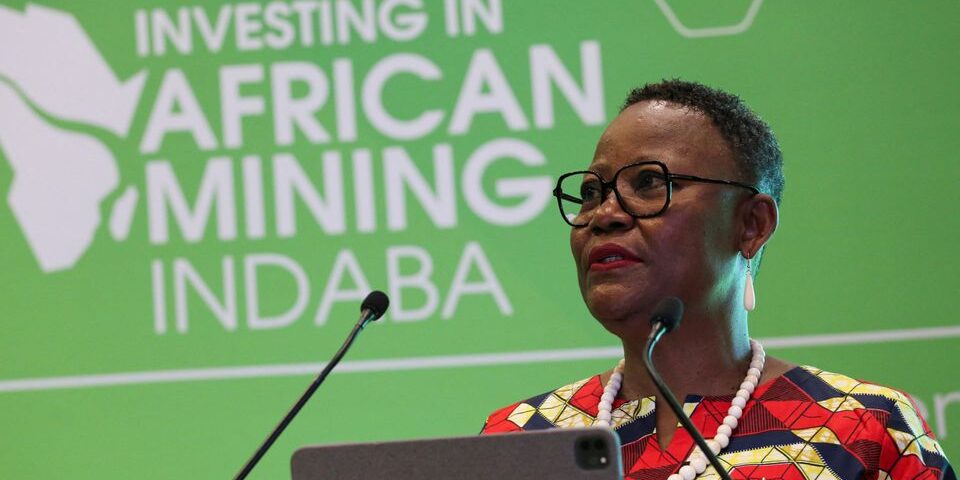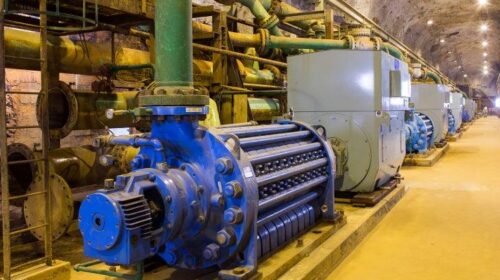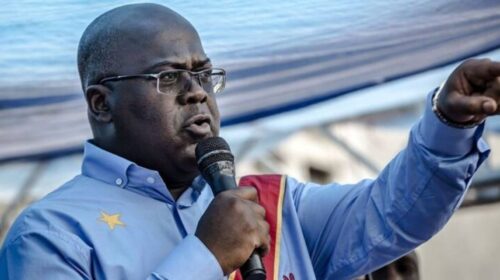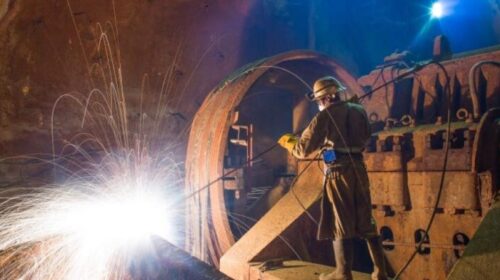U.S. bid for battery metals has Africa blind spot
Mining companies and governments in Africa are calling for stronger trade ties with the United States after a new climate law set out incentives for U.S. carmakers sourcing battery materials from trade partners.
The $430 billion Inflation Reduction Act (IRA) has been criticised by the European Union and South Korea, who say it could hurt their car industries.
It could also negatively impact African nations that produce battery materials.
Mining companies and governments in Africa are calling for stronger trade ties with the United States after a new climate law set out incentives for U.S. carmakers sourcing battery materials from trade partners.
The $430 billion Inflation Reduction Act (IRA) has been criticised by the European Union and South Korea, who say it could hurt their car industries.
It could also negatively impact African nations that produce battery materials.
Under IRA, U.S. carmakers will get tax credits if they source at least 40% of battery materials domestically or from American free-trade partners. This risks carmaker replacing Congolese cobalt with Australian, Canadian, Moroccan, or U.S. cobalt.
Congo produced 74% of the world’s mined cobalt last year while the next-biggest single producer, Australia, was responsible for just 3%, according to a Cobalt Institutee
Under IRA, U.S. carmakers will get tax credits if they source at least 40% of battery materials domestically or from American free-trade partners. This risks carmaker replacing Congolese cobalt with Australian, Canadian, Moroccan, or U.S. cobalt.
Congo produced 74% of the world’s mined cobalt last year while the next-biggest single producer, Australia, was responsible for just 3%, according to a Cobalt Institute
![]()





